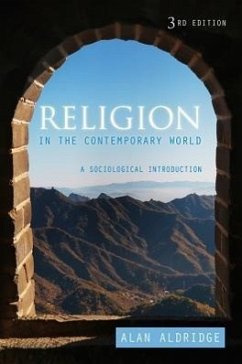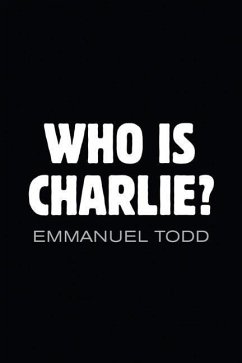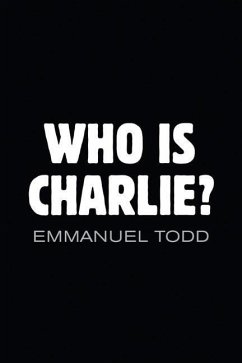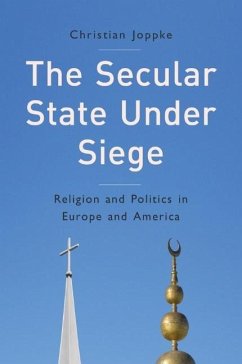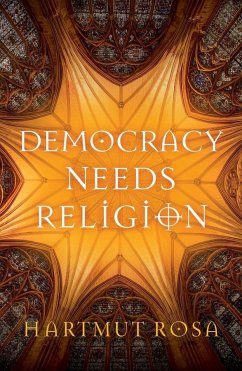Nicht lieferbar
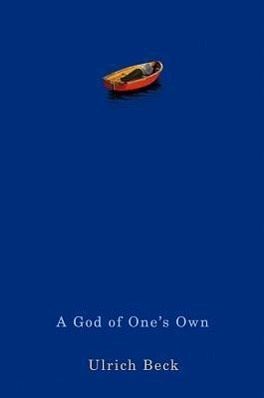
A God of One's Own
Religion's Capacity for Peace and Potential for Violence
Übersetzer: Livingstone, Rodney
A life of one's own, a room of one's own, a God of one's own: in the context of Western modernity, where the ethic of individual self-fulfilment has become a powerful current, religious faith, where it exists, has been channeled through the prism of one's own life, experience and self-knowledge. The individual uses religious experiences to construct his or her own religious shelter, making decisions about faith rather than simply deferring to the institutionalized religions into which he or she was born. But faith - whether individualized or expressed within the framework of institutionalized ...
A life of one's own, a room of one's own, a God of one's own: in the context of Western modernity, where the ethic of individual self-fulfilment has become a powerful current, religious faith, where it exists, has been channeled through the prism of one's own life, experience and self-knowledge. The individual uses religious experiences to construct his or her own religious shelter, making decisions about faith rather than simply deferring to the institutionalized religions into which he or she was born. But faith - whether individualized or expressed within the framework of institutionalized religion - opens up a chasm between believers and non-believers and casts doubt on the ability of the religions to bring about peace. Today, argues Beck, our world has a chance of surviving only if the many faiths succeed in civilizing themselves and committing themselves to the principle of mutual tolerance. Hence the central question that will decide the continued existence of humanity: How can we conceive of a type of inter-religious tolerance in which loving one's neighbour does not imply war to the death, a type of tolerance whose goal is not truth but peace?





